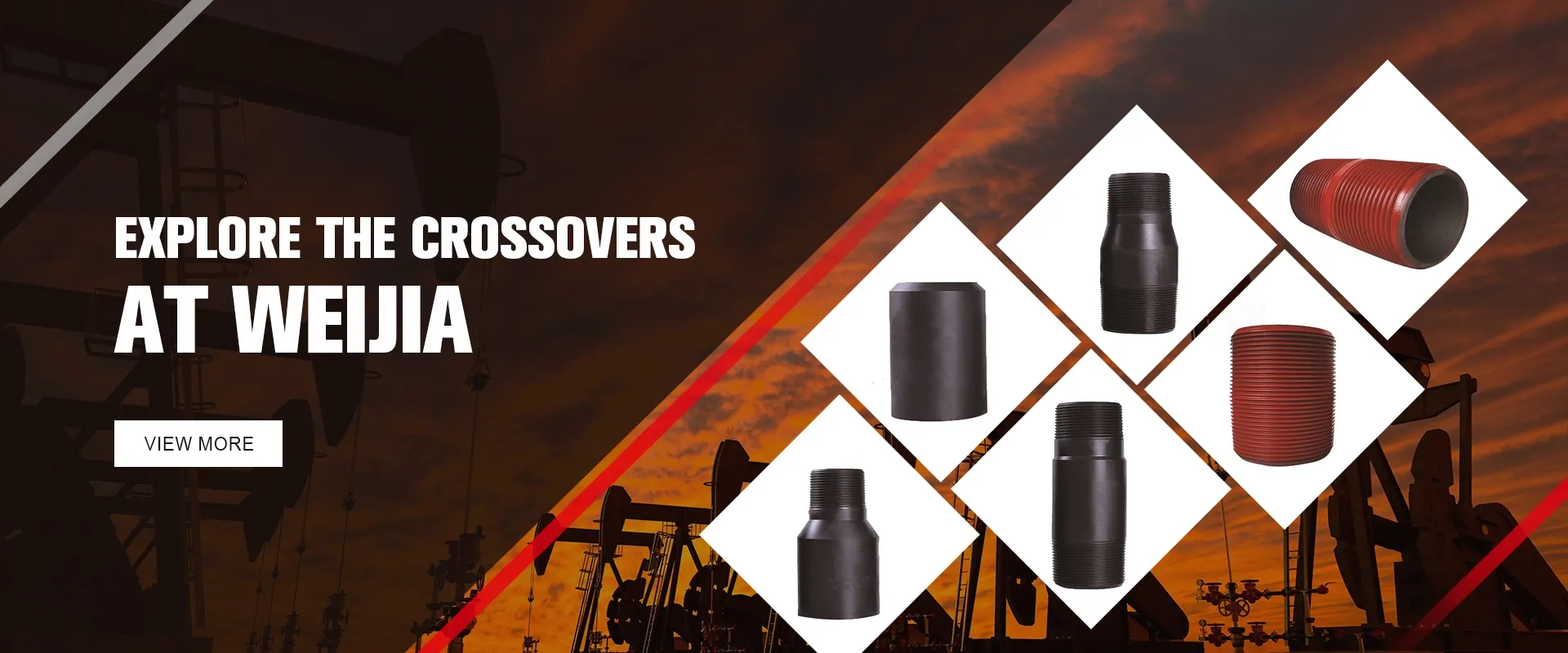- Afrikaans
- Albanian
- Amharic
- Arabic
- Armenian
- Azerbaijani
- Basque
- Belarusian
- Bengali
- Bosnian
- Bulgarian
- Catalan
- Cebuano
- Corsican
- Croatian
- Czech
- Danish
- Dutch
- English
- Esperanto
- Estonian
- Finnish
- French
- Frisian
- Galician
- Georgian
- German
- Greek
- Gujarati
- Haitian Creole
- hausa
- hawaiian
- Hebrew
- Hindi
- Miao
- Hungarian
- Icelandic
- igbo
- Indonesian
- irish
- Italian
- Japanese
- Javanese
- Kannada
- kazakh
- Khmer
- Rwandese
- Korean
- Kurdish
- Kyrgyz
- Lao
- Latin
- Latvian
- Lithuanian
- Luxembourgish
- Macedonian
- Malgashi
- Malay
- Malayalam
- Maltese
- Maori
- Marathi
- Mongolian
- Myanmar
- Nepali
- Norwegian
- Norwegian
- Occitan
- Pashto
- Persian
- Polish
- Portuguese
- Punjabi
- Romanian
- Russian
- Samoan
- Scottish Gaelic
- Serbian
- Sesotho
- Shona
- Sindhi
- Sinhala
- Slovak
- Slovenian
- Somali
- Spanish
- Sundanese
- Swahili
- Swedish
- Tagalog
- Tajik
- Tamil
- Tatar
- Telugu
- Thai
- Turkish
- Turkmen
- Ukrainian
- Urdu
- Uighur
- Uzbek
- Vietnamese
- Welsh
- Bantu
- Yiddish
- Yoruba
- Zulu
Well Casing Connector for Enhanced Performance and Reliability in Drilling Operations
Understanding Well Casing Couplers An Essential Component in Oil and Gas Extraction
In the oil and gas industry, the extraction process relies heavily on specialized equipment designed to ensure safety, efficiency, and reliability. One such essential component is the well casing coupler. This article aims to provide a comprehensive understanding of what well casing couplers are, their significance in the drilling process, and their various types and applications.
What is a Well Casing Coupler?
A well casing coupler is a mechanical device used to connect two sections of well casing, which is a series of tubular structures installed in the wellbore to maintain its integrity and prevent collapse. Well casing serves to protect the groundwater and the production zone from contamination while providing a pathway for oil and gas to flow to the surface. The coupler acts as a connector, ensuring that the casing sections are securely joined while allowing for the transfer of fluids and gases during the extraction process.
Importance of Well Casing Couplers
Well casing couplers play a critical role in the overall performance and safety of drilling operations. Their importance can be highlighted through several key points
1. Structural Integrity Couplers help maintain the structural integrity of the well by ensuring that casing sections are tightly aligned and secured. This alignment is crucial as even slight misalignments can lead to catastrophic failures, such as blowouts.
2. Fluid Control A secure connection allows for effective control of fluids during the drilling process. This is vital for minimizing the risk of leaks and ensuring that the extraction process operates smoothly.
3. Safety Safety is paramount in the oil and gas industry. Well casing couplers contribute to the safety of the drilling operation by preventing the inadvertent escape of pressurized hydrocarbons, which could result in hazardous situations.
4. Cost Efficiency Proper installation and reliable performance of well casing couplers reduce the likelihood of equipment failure. This, in turn, leads to cost savings by minimizing downtime and the need for expensive remedial actions.
Types of Well Casing Couplers
Several types of well casing couplers exist, each tailored for specific applications within the drilling process. The most common types include
well casing coupler

1. Threaded Couplers These couplers feature male and female threads that securely screw together. They are often used for standard casing sizes and are favored for their ease of installation and reliable connection.
2. Welded Couplers In this type, the casing sections are welded together to form a permanent connection. Welded couplers are preferred in environments where high pressure and temperature are factors, offering enhanced strength and durability.
3. Flanged Couplers Flanged couplers use bolted flanges to connect two casing sections. They are advantageous in applications requiring frequent disassembly for maintenance or inspection, as the flanges can easily be unbolted.
4. Quick-Connect Couplers Designed for rapid installation and removal, quick-connect couplers streamline the connection process in situations where time is critical. They are commonly used in temporary setups or pilot projects.
Applications of Well Casing Couplers
Well casing couplers are used extensively across various fields within the oil and gas sector
1. Exploration Drilling In the early stages of oil exploration, these couplers are crucial for establishing the integrity of the well as geologists seek to identify viable extraction locations.
2. Production Wells For operational wells, couplers facilitate the ongoing extraction process, ensuring that the supply of oil and gas remains uninterrupted.
3. Geothermal and Water Wells Beyond conventional oil and gas, couplers are also applicable in geothermal energy extraction and water well construction, where maintaining the well structure is equally crucial.
Conclusion
In summary, well casing couplers are vital components in the oil and gas industry, ensuring the safe and efficient extraction of hydrocarbons. By understanding their types, importance, and applications, industry professionals can better appreciate the role these couplers play in maintaining the structural integrity and operational safety of drilling operations. As technology continues to evolve, the design and functionality of well casing couplers will likely advance, further improving the efficiency and reliability of energy extraction processes.
-
Tubing Pup Joints: Essential Components for Oil and Gas OperationsNewsJul.10,2025
-
Pup Joints: Essential Components for Reliable Drilling OperationsNewsJul.10,2025
-
Pipe Couplings: Connecting Your World EfficientlyNewsJul.10,2025
-
Mastering Oilfield Operations with Quality Tubing and CasingNewsJul.10,2025
-
High-Quality Casing Couplings for Every NeedNewsJul.10,2025
-
Boost Your Drilling Efficiency with Premium Crossover Tools & Seating NipplesNewsJul.10,2025







